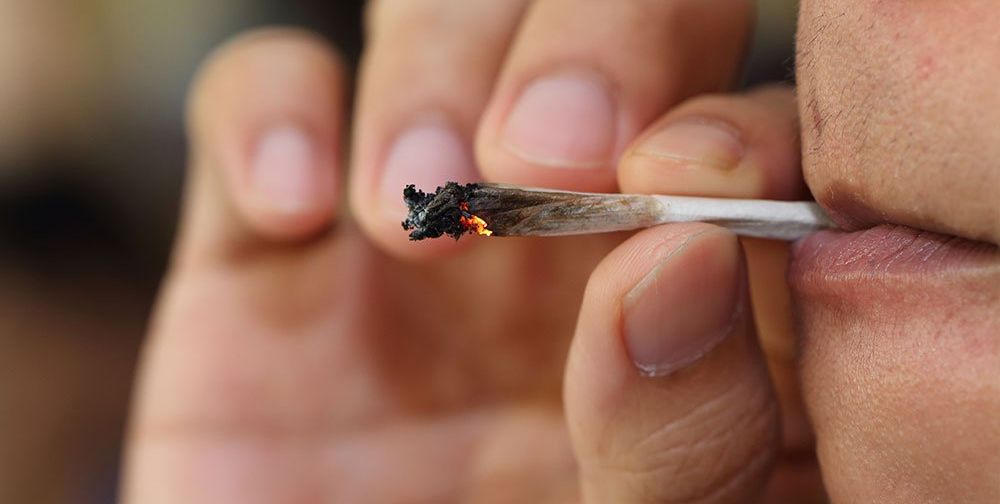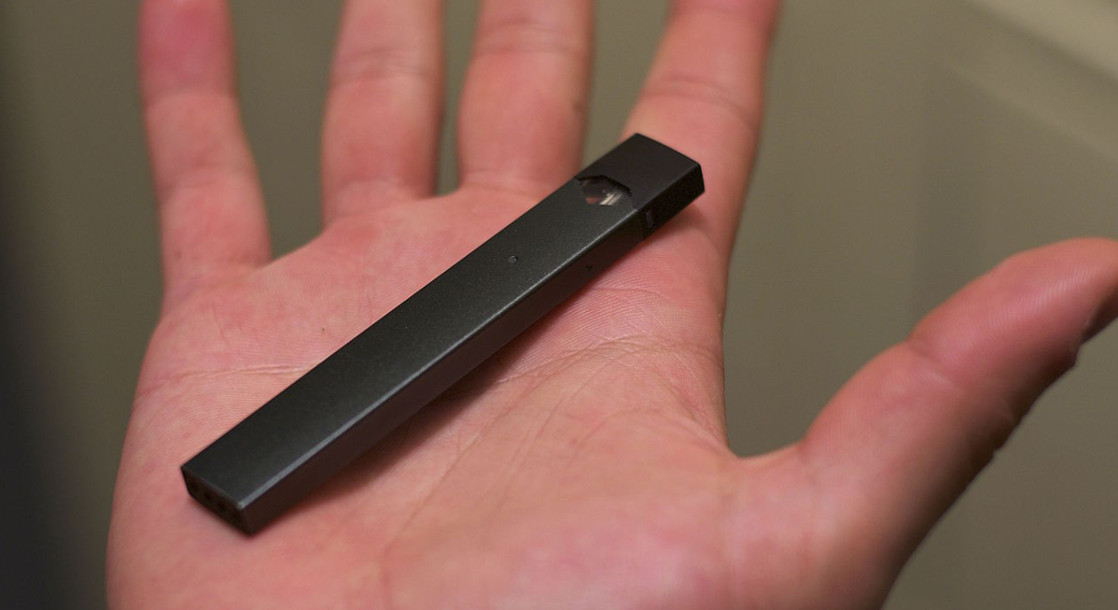Image via
Psychologists have developed a new assessment scale that can help cannabis researchers more accurately determine exactly how stoned their subjects are.
In order to conclusively investigate the health benefits or risks of cannabis, researchers need to have a clear picture of exactly how intoxicated a subject is during their experiments. Blood tests can detect the exact concentration of THC or other cannabinoids in a subject’s system, but these measurements do not accurately indicate how stoned that person may feel.
The problem of accurately measuring subjective feelings and emotions has cropped up in other fields. Researchers who are studying depression, for example, cannot simply measure these feelings using blood tests, brain scans, or other technology. Instead, psychologists have developed comprehensive assessment scales that use a range of questions to screen for various mental health issues and rate the severity of specific symptoms.
Many cannabis researchers have attempted to rate the subjective experiences of cannabis intoxication by simply asking subjects to rate how high they are on a scale of 1 to 100. Other researchers have devised their own unique scales to rate other subjective feelings, but some have worried that younger subjects may not understand the lingo that a 60-year-old clinical researcher might use to describe weed.
To help resolve the issue, researchers from Pennsylvania State University and the University of Washington devised their own four-point cannabis assessment scale. Instead of just asking how high someone is, this scale uses four anchor points based on common terms used by young stoners. The new scale allows subjects to self-report how “relaxed,” “calm/chill,” “high,” or “stoned/baked” they feel.
“Research on cannabis is growing pretty rapidly, however, the field is still working on some pretty foundational issues about how to measure the effects of consuming cannabis consistently as well as in a way that reflects the experiences of people who are using it,” said Renee Cloutier, study author and scientific director for the Program Evaluation and Research Unit at the University of Pittsburgh, to PsyPost.
“Without this step, researchers are limited in their ability to generate knowledge that is reliable, generalizable, and easy to communicate back to the people who are most invested in it (i.e., people who use/purchase cannabis),” Cloutier explained. “The downstream consequence is that we lack a robust evidence base for creating an informed and empowered consumer base or policymakers who want to develop evidence-based cannabis policies.”
To test the validity of their new scale, researchers recruited 106 adults between the ages of 18 and 25. Each subject was asked to complete a daily report of their substance use for two weeks. These surveys used the old standard of asking subjects to rate how high they felt on a scale of 1 to 100, but also implemented the new four-point scale. The new scale indicated that subjects who vaped reported feeling more stoned than those who smoked blunts, but the old-school single-question scale was not able to provide similar insights.
“Our findings reinforce the need to update and expand our assessments of cannabis effects to align with the language used by young adults (e.g., calm/chill, high, stoned/baked), rather than focusing narrowly on ‘degrees of impairment’ or ‘intoxication’ as well as account for variability in effects by mode of administration,” said Cloutier to PsyPost.











